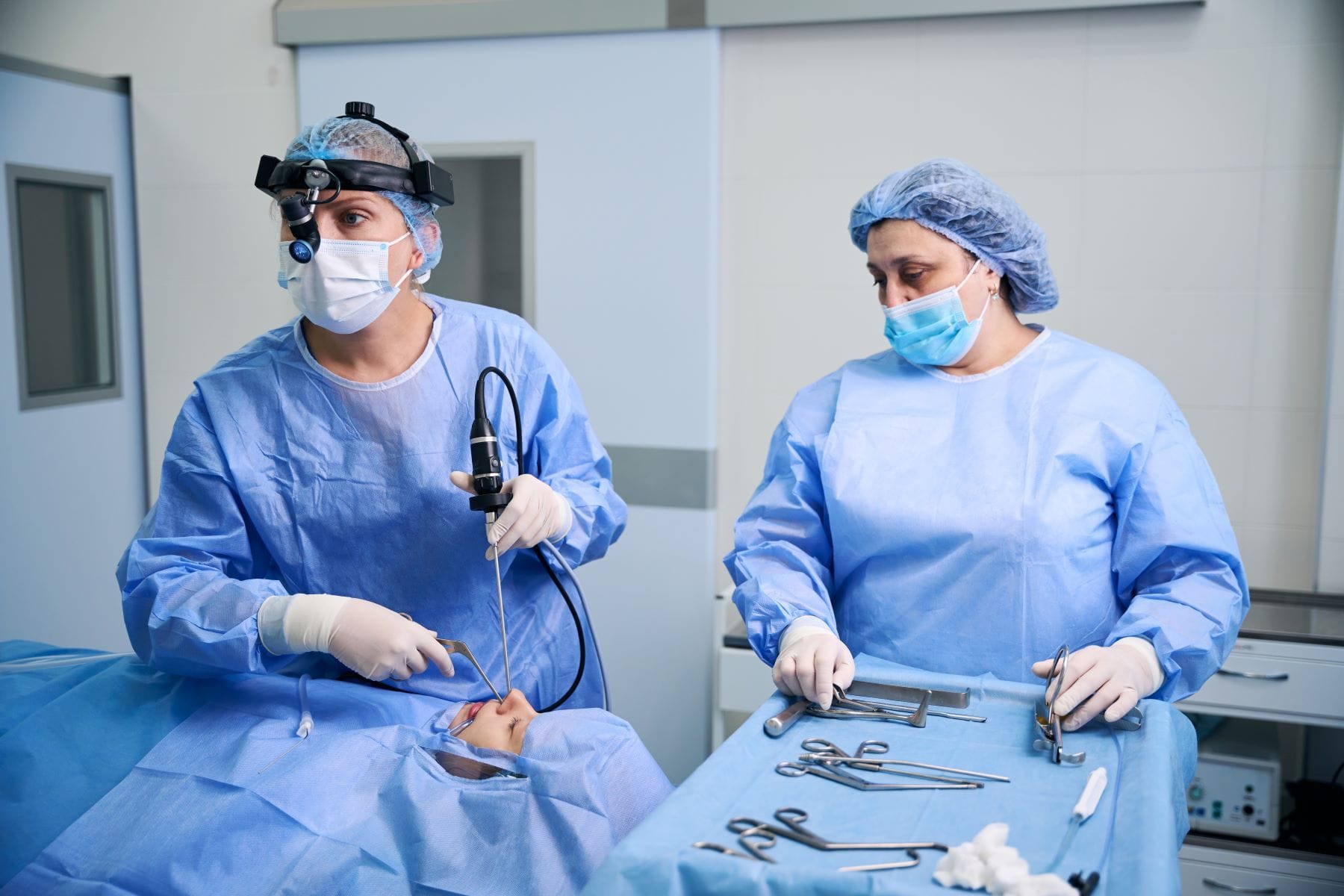Hospital To Blame For Tonsillectomy Death Per Appeals Court
A Texas court upheld a verdict holding Laredo Medical Center liable for a preventable post-surgery death, emphasizing hospital accountability in care standards.
Updated on
In a tragic case stemming from a routine tonsillectomy, the Fourth Court of Appeals in Texas upheld a jury verdict against Laredo Medical Center (LMC), holding the hospital liable for the wrongful death of David Cabrera in 2019. Cabrera, who had undergone a tonsillectomy, succumbed to internal bleeding caused by a "preventable pseudoaneurysm," according to testimony provided during the trial. His widow, Zulema Cabrera, filed the lawsuit against LMC, alleging that negligence by the hospital's staff directly contributed to her husband's death. The lawsuit highlighted troubling post-surgical complications, with the plaintiff testifying that she observed blood dripping from her husband's face in the ICU. Additionally, medical records documented that Cabrera had coughed up blood while still under hospital care.
The Trial and Appellate Decision
At trial, a jury ruled in favor of Zulema Cabrera, finding that the hospital’s staff failed to address critical signs of internal bleeding. Laredo Medical Center contested the verdict, arguing that there was insufficient evidence to substantiate the claim of negligence. However, the Fourth Court of Appeals disagreed. Justice Beth Watkins, writing for the panel, underscored the compelling evidence presented during the trial. She highlighted inconsistencies in the hospital’s assertions, stating, "LMC argues there is no documentary evidence that David continued to bleed after the surgery. This is not correct." The appellate court affirmed that the evidence provided by the plaintiff—including medical records and expert testimony—was credible and sufficient to uphold the jury’s decision.
The Role of Expert Testimony
Central to the case was the testimony of Dr. Aaron Wittenberg, the plaintiff’s medical expert. Dr. Wittenberg testified that Cabrera's death was caused by a pseudoaneurysm, a condition in which blood collects outside a damaged artery. He argued that timely intervention by hospital staff could have prevented the condition from escalating. The defense attempted to discredit Wittenberg's testimony, labeling it speculative and asserting that his conclusions lacked a basis in medical evidence. Specifically, they contended that there was no proof Cabrera experienced high blood pressure, a condition often associated with pseudoaneurysms. However, the appellate court rejected this argument, noting that Wittenberg’s conclusions were grounded in established medical principles.
Potential Damages
This ruling not only affirms accountability but also sets a precedent for the assessment of wrongful death damages in medical negligence cases. The court’s decision underscores the critical importance of hospitals adhering to the standard of care to prevent avoidable fatalities. For the Cabrera family, this verdict offers some measure of justice for an avoidable tragedy. It also sends a strong message to healthcare institutions about the repercussions of failing to provide adequate post-operative care.
Law Firms Involved
Laredo Medical Center was represented by Cooper & Scully PC, with attorneys R. Brent Cooper, Michelle E. Robberson, and David H. Jones taking the lead, alongside Edward J. Castillo and Eduardo Moya. The plaintiff, Zulema Cabrera, was represented by Janice Maloney of the Law Offices of Janice Maloney and Tyler Scheuerman of Scheuerman Law Firm PLLC.
This case, titled Laredo Texas Hospital Co. LP v. Zulema Cabrera, highlights the vital role of expert testimony and the legal system in ensuring accountability for preventable medical errors.


